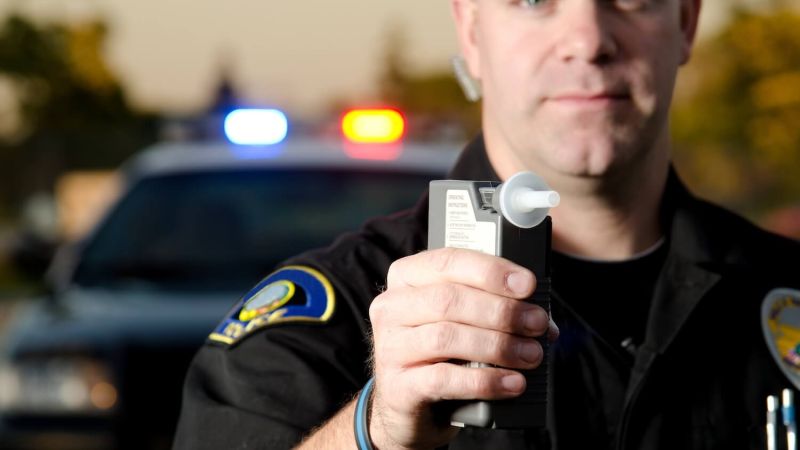Consent Searches in the Scope of Domestic Violence Investigations: Know Your Rights


On May 3, 2023, the New Jersey Supreme Court issued an important ruling upholding a person’s right to privacy in their personal belongings, even if someone else consented to the search of the jointly held premises where the item was located. The Association of Criminal Defense Lawyers of New Jersey and the ACLU both filed amicus briefs in support of the Defendant. In this published case, Anthony Miranda’s girlfriend filed a domestic violence complaint against him. The two had been together for several years and resided together. Miranda’s girlfriend alleged that he had threatened her with a gun. Police arrested Miranda and obtained a search warrant for Miranda’s residence but found no evidence. Miranda’s girlfriend subsequently told police about a storage locker where both she and Mr. Miranda kept belongings. She authorized police to search the storage locker. Miranda’s girlfriend observed a drawstring bag in the locker and told police it contained Miranda’s gun. Police opened Miranda’s bag and found two guns, a police badge, and ammunition.
Mr. Miranda pled guilty to second-degree unlawful possession of a weapon, and received a five-year sentence, with forty-two months of parole ineligibility under the Grave’s Act provision. He later appealed the trial court’s holding that the search of his bag was lawful. The Appellate Division found that Miranda’s girlfriend could provide consent to search the storage trailer they shared but had an issue with police looking inside of a bag that was his property. The State argued that there were exigent circumstances justifying the warrantless search of Miranda’s bag. Exigent circumstances exist when there is an objectively reasonable basis to believe that someone’s life might be endangered, or evidence could be destroyed if officers stop to obtain a search warrant. The New Jersey Supreme Court held that because Miranda was already in custody, officers had sufficient time to obtain a search warrant. The warrantless search was therefore unconstitutional, and the evidence was suppressed. Miranda’s conviction was also reversed. It is essential to carefully review all the facts and circumstances of any warrantless search when preparing a defense against criminal charges.

Written By Derek Miller
Derek Miller is a seasoned criminal attorney who served thirteen years as a Deputy Attorney General with the New Jersey Office of the Attorney General, Division of Criminal Justice, before co-founding Lackey & Miller, LLC.










